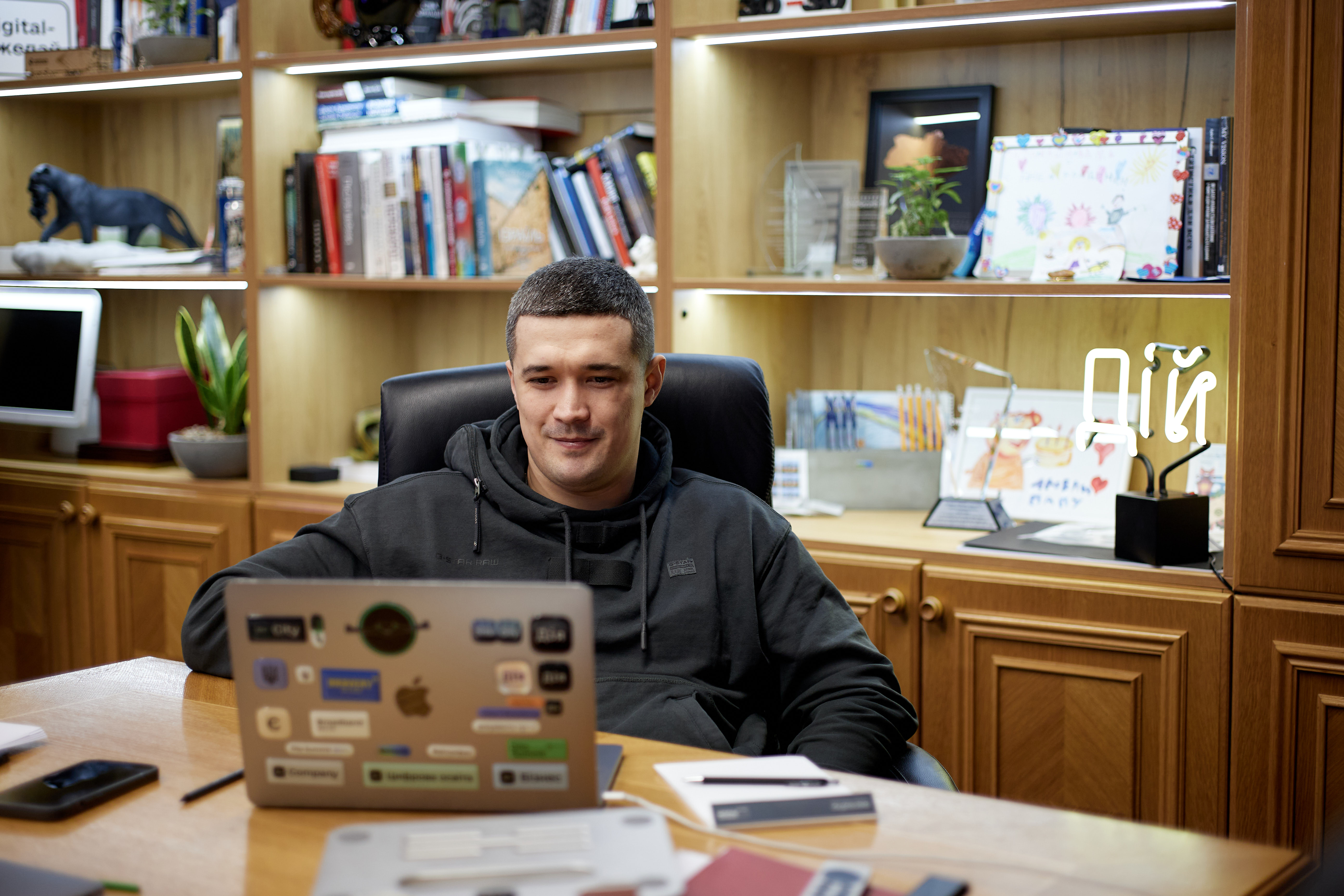FT: Musk gave his biographer confidential messages with Ukraine's Minister Fedorov without permission

Elon Musk provided his confidential messages with Ukraine's Digital Transformation Minister Mykhailo Fedorov to the billionaire's biographer without permission, the Financial Times reported on Sept. 8.
The minister told the outlet that he was unaware that Walter Isaacson had obtained and published the exchange regarding Musk's restriction of Starlink satellite communications to hamper Ukraine's military operation. The messages are contained in the book's adapted excerpt published by the Washington Post.
"It's not very pretty. I've never shown or talked about our correspondence publicly," Fedorov told the Financial Times.
CNN reported on Sept. 7 that according to an excerpt from Isaacson's biography, expected to be fully published on Sept. 12, Musk secretly instructed his engineers to turn off Starlink satellite communications near Crimea last year to prevent a Ukrainian submarine drone attack against a Russian fleet.
The billionaire denied that he had Starlink satellite communications deactivated, saying that they had not been active in this region in the first place.
However, Musk also said he had received a request "from government authorities" to activate Starlink, operated by his spacecraft manufacturer SpaceX, "all the way to Sevastopol." He didn't specify who exactly had sent the request.
"The obvious intent being to sink most of the Russian fleet at anchor. If I had agreed to their request, then SpaceX would be explicitly complicit in a major act of war and conflict escalation," the billionaire claimed on his social media platform X, formerly known as Twitter.
According to the biography, it was Fedorov who allegedly pleaded with Musk to restore the connectivity of the drones.
The minister told the Financial Times that Musk himself informed him that he switched off the Starlink near the front line, while Fedorov actually asked him to turn the system on in Crimea and other occupied territories of Ukraine.
Musk's SpaceX began providing the Starlink satellite internet system to Ukraine shortly after the Russian full-scale invasion in February 2022. The system has kept many Ukrainians online despite power outages and Russia's attacks on the country's internet infrastructure.
In October 2022, Musk said he could no longer keep Starlink in Ukraine operational due to high upkeep costs and requested funding from the Pentagon. The billionaire later changed his statement and said Starlink will stay online regardless of the Pentagon's support.
According to an article by The New Yorker published on Aug. 21, Musk held conversations with Vladimir Putin – though the billionaire denied talking to the Russian president – which had an effect on Musk's change of position regarding Ukraine.













